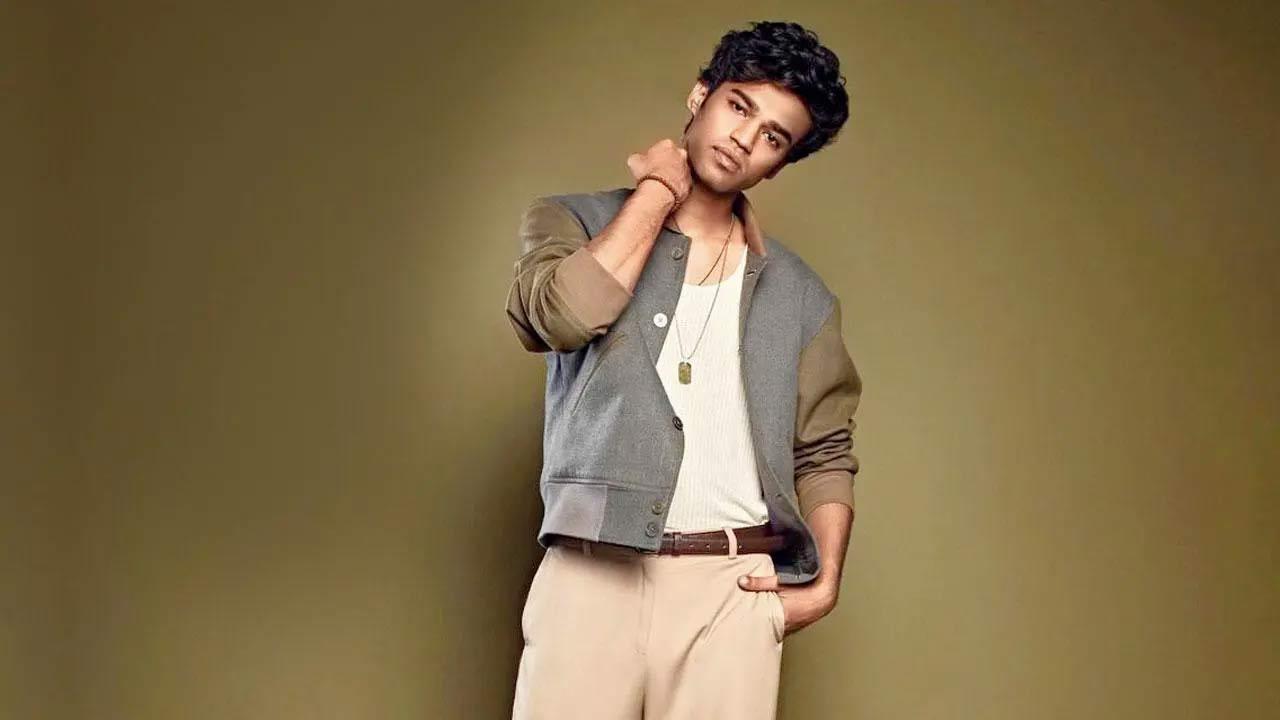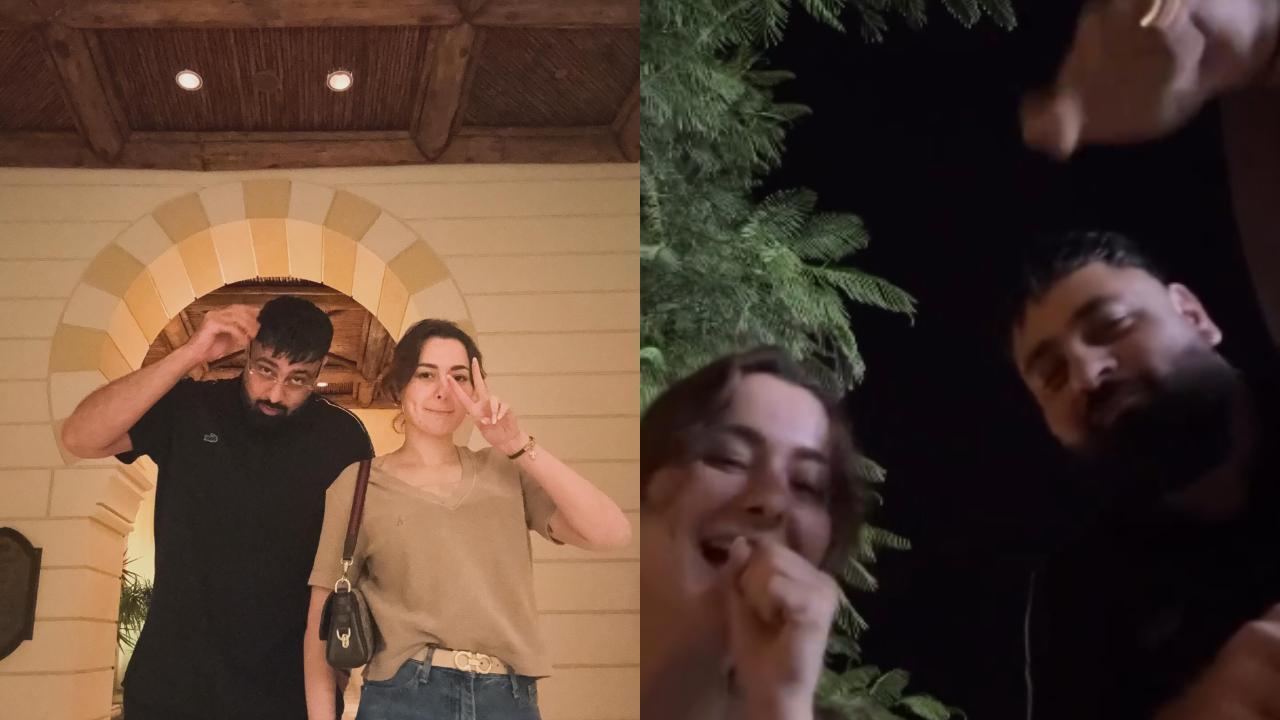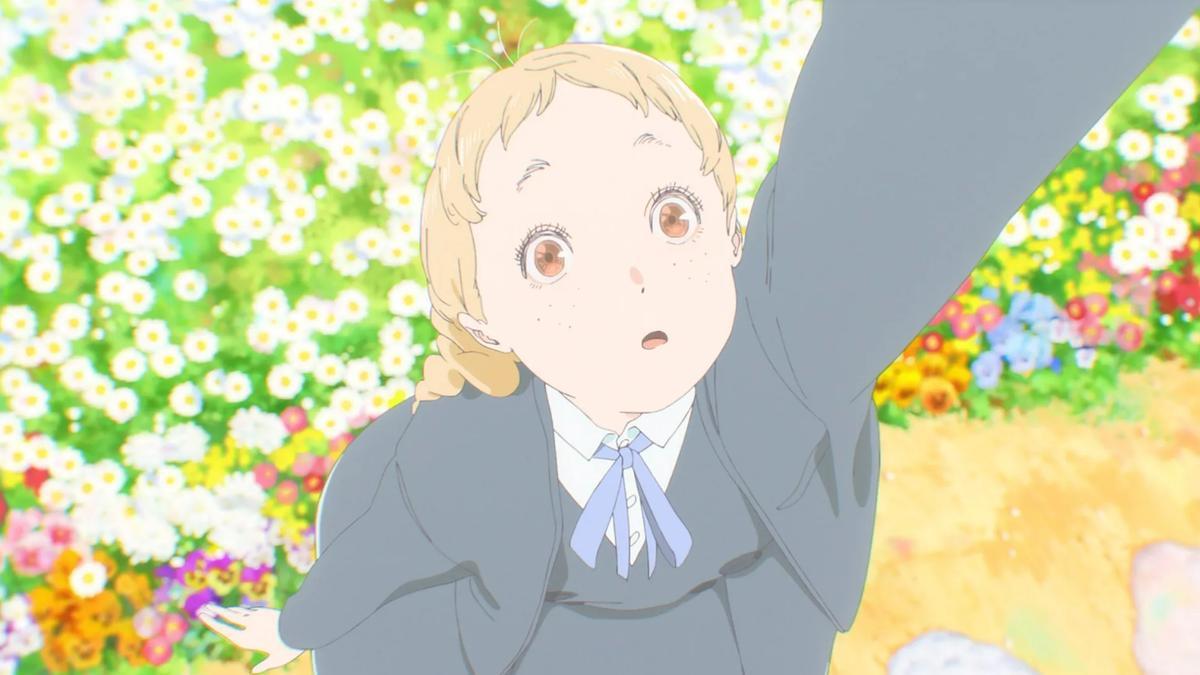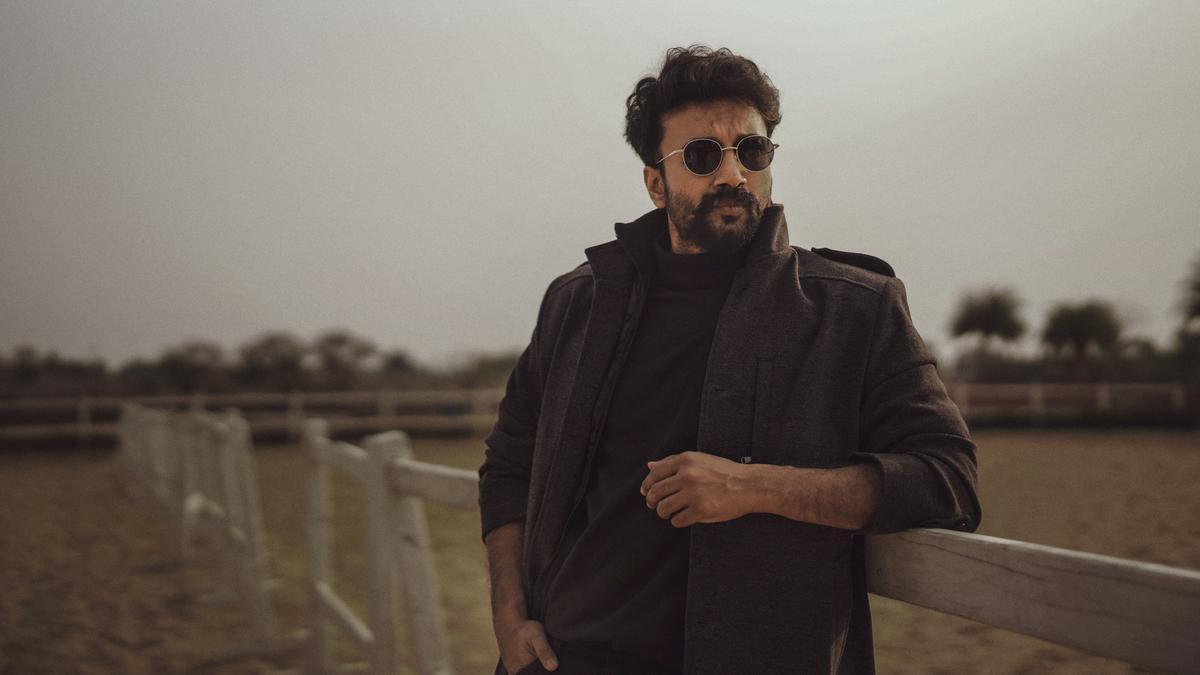
The parai is the only instrument that has been burnt by its own players. This drum, traditionally associated with funerals, has a rich and complex history, deeply rooted in social and political contexts. Reclaiming it as a symbol of resistance, Bengaluru-based Adavi Arts Collective recently celebrated a year of workshops, shows, and jam sessions, marking an important milestone in their journey. Adavi recently performed at the Shoonya Centre for Art and Somatic Practices as part of a fundraiser organised by the Hank Nunn Institute, bringing the powerful and rhythmic beats of the parai to a broader audience.
Keela Naren, the founder of Adavi and a professional parai artiste, shared insights into the instrument’s historical significance. Traditionally, the parai is played at funerals to announce the death of a person, as its rhythmic beats are so infectious that no living body can resist moving to them. True to its tradition, the performance roused the audience to their feet, with most attendees dancing by the end of the event.
The name ‘Adavi’ derives from a blend of Tamil words. While ‘Adavu’ means rhythm and ‘adavi’ translates to forest, the collective’s interpretation goes deeper. The name is a portmanteau of ‘aattam’, meaning dance or movement, and ‘avi’, meaning beings, thus translating to ‘dancing beings’. This name encapsulates the collective’s vision of harmony, where trees sway, leaves sprout, animals roam, and all beings move together without boundaries, unified by nature’s rhythm.
Adavi Arts Collective strives to bridge the gap between folk and contemporary art forms, making them accessible to younger generations through a mix of community learning and political discourse. Their performance at Shoonya was not just a display of musical prowess but also an educational session. Keela delved into the parai’s history, illustrating how it has often been played by the socially disadvantaged, who have faced various forms of demeaning treatment. These players usually earn very little and are often paid with alcohol, reflecting the systemic inequalities they endure.
Recognising its complex past, Adavi champions the idea that anyone should be allowed to play the parai.
. For them, the instrument symbolizes equality, embracing all participants. Unlike traditional usage at funerals, Adavi uses the parai as an expression of their love for the instrument and its universal appeal.
This inclusive approach extends to the realm of gender and sexual orientation as well. Traditionally, the parai has been exclusively played by men. However, Adavi encourages women and members of the LGBTQIA+ community to join in, challenging and changing traditional mindsets.
Meghana Natraj, one of the first women to join Adavi, expressed her joy at witnessing a large number of women dancing in saris at the Shoonya event. “Usually, a lot of women attend our workshops, but they hardly hold performances. Today was one of the best turnouts we’ve had,” she admitted, highlighting the growing acceptance and participation of women in the collective.
The members of Adavi Arts Collective come from diverse backgrounds, including students, theatre practitioners, dancers, teachers, a data analyst, and even a cable contractor. Advik, a life skills educator and member of the collective, shared his experiences, saying, “So many different people attend sessions regularly, and by the end of the day, you’re always learning something new. It has given me a lot of friends, happiness, and fulfilment.”
The recent performance at Shoonya was more than just an event; it was a celebration of the parai’s journey from a symbol of social disadvantage to one of resistance and unification. By reclaiming and redefining this traditional instrument, Adavi Arts Collective is fostering a new cultural narrative, one where art transcends boundaries and brings communities together. Their mission to educate and engage younger generations through a blend of art and activism is not only preserving a rich cultural heritage but also contributing to social change.
As Adavi Arts Collective moves forward, their commitment to inclusivity, equality, and community learning continues to inspire. They are proving that through the power of art, even the most complex histories can be rewritten, and new traditions can be created.










